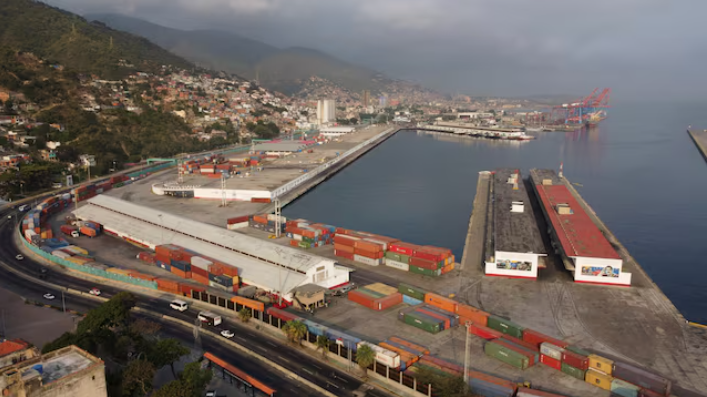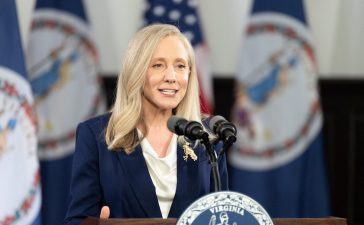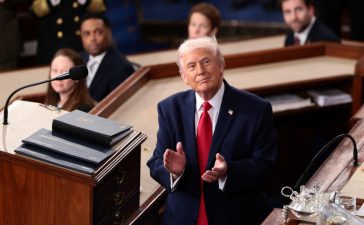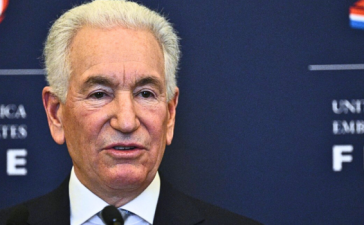U.S. President Donald Trump announced on Monday that any country purchasing oil or gas from Venezuela will face a 25% tariff on trade with the United States. This decision is part of a broader strategy to intensify pressure on Venezuela’s oil sector, which has long been under U.S. sanctions.
At the same time, Trump’s administration extended a deadline for U.S. energy giant Chevron to wind down its operations in Venezuela, providing temporary relief to the company.
The original deadline, set by the U.S. Treasury Department on March 4, required Chevron to exit Venezuela within 30 days. However, the Treasury has now given the company until May 27 to cease its operations in the country.
This extension allows Chevron to continue exporting Venezuelan oil to the U.S. while ensuring it receives payments for oil deliveries
The 25% tariff targets countries that purchase oil from Venezuela, a move primarily aimed at buyers such as China, which has been one of the major consumers of Venezuelan crude.
The tariff is intended to restrict the flow of Venezuelan oil to foreign markets, making it more expensive for these countries to trade with Venezuela.
While the announcement marks a shift in Trump’s policy towards Venezuela, the enforcement mechanisms for this new tariff remain unclear. Experts believe the move could have a significant impact on Venezuela’s oil exports, forcing the country to sell its crude at discounted prices.
This, in effect, would create an economic strain similar to the secondary sanctions imposed during Trump’s first term.
Chevron’s Extended Wind-Down and Political Context
Chevron’s extension of the wind-down deadline is seen as a compromise between different factions within the Trump administration.
On one hand, it prevents further damage to Western companies operating in Venezuela; on the other, it continues to pressure the Maduro government, which the U.S. accuses of not adhering to electoral reforms and failing to return migrants.
David Goldwyn, president of Goldwyn Global Strategies, stated that the extension could provide a balanced approach between the administration’s desire to reduce U.S. reliance on Venezuela’s oil while limiting the impact on Western companies like Chevron.
The extended timeline will also ensure that Chevron can continue delivering oil to U.S. customers, avoiding a sudden collapse in Venezuelan oil exports.
In response to the new tariff, Venezuela’s government strongly condemned the U.S. decision, calling it an “arbitrary, illegal, and desperate measure.
” A statement from the Venezuelan government declared that the move would not weaken the country’s resolve and reaffirmed their belief in the failure of U.S. sanctions.
Trump’s decision to target Venezuelan oil exports comes as part of his broader immigration and foreign policy strategy.
Earlier this month, Trump invoked the 1798 Alien Enemies Act to justify the deportation of alleged members of the Venezuelan gang Tren de Aragua, even without final removal orders from immigration judges.
This move is consistent with Trump’s focus on curbing illegal immigration and increasing pressure on the Venezuelan government.
While the impact of the tariff on Venezuela’s oil trade remains uncertain, the extended deadline for Chevron and the tariffs on foreign buyers underscore the U.S. government’s continued stance on isolating the Maduro regime economically.
The coming months will reveal whether these actions will succeed in forcing Venezuela to alter its policies or whether they will escalate the ongoing tensions between the two nations.







